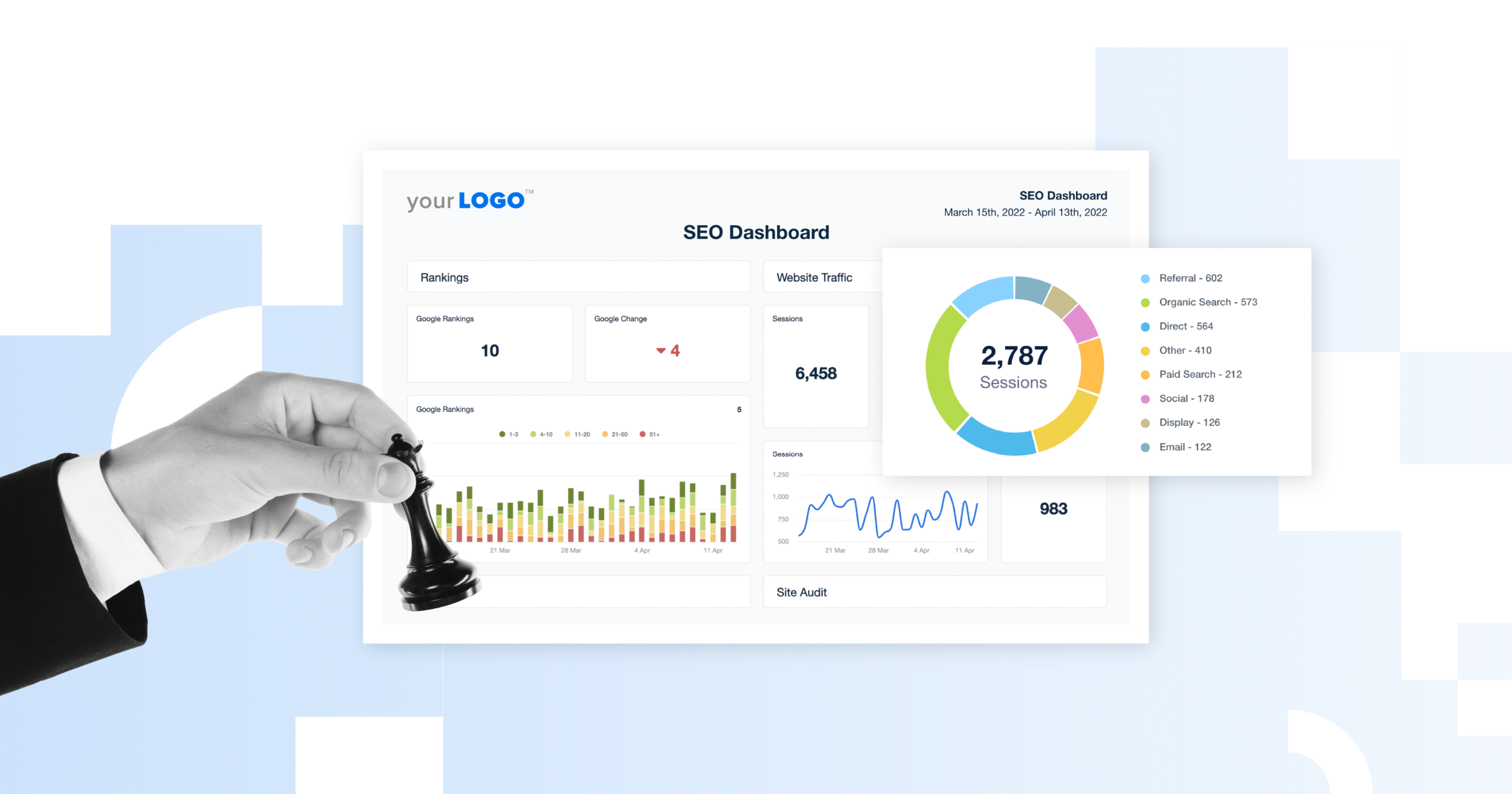How to Track SEO Performance: The Metrics That Actually Matter
Not sure if your SEO is working? You’re not alone. In this guide, we break down the most important SEO metrics to track — without the jargon — so you can clearly measure what’s driving results and where you can improve.
Why Tracking SEO Performance Matters
SEO isn’t a one-and-done task — it’s an ongoing strategy. But unlike paid ads where results are immediate, SEO performance builds over time. That’s why knowing what to measure is crucial.
Tracking the right SEO metrics allows you to:
-
See what’s working (and what’s not)
-
Justify your SEO investment
-
Improve your website’s performance
-
Make informed marketing decisions
But with so many data points in tools like Google Analytics and Search Console, it’s easy to get overwhelmed. So let’s simplify it.
✅ The SEO Metrics That Actually Matter
Here are the core SEO metrics that provide real insight into your website’s organic performance:
1. Organic Traffic
What it is:
The number of visitors who land on your website from unpaid (organic) search results.
Why it matters:
This tells you how many people are finding your site through Google. An increase in organic traffic means your SEO efforts are working.
Where to track it:
-
Google Analytics > Acquisition > Traffic > Source/Medium (look for “google / organic”)
2. Keyword Rankings
What it is:
Your website’s position in Google for specific search terms (keywords).
Why it matters:
Higher rankings = more visibility. Tracking movement up or down shows how well your pages are performing in search.
Where to track it:
-
SEO tools like Ahrefs, SEMrush, or SERanking
-
Google Search Console (under “Performance” > “Queries”)
3. Click-Through Rate (CTR)
What it is:
The percentage of people who saw your page in search results and clicked through to your site.
Why it matters:
Even if you rank well, poor CTR means users aren’t compelled to visit. This could be due to a weak title tag or meta description.
Where to track it:
-
Google Search Console > Performance
4. Bounce Rate & Dwell Time
What it is:
-
Bounce rate: Percentage of visitors who leave after viewing one page
-
Dwell time: How long users stay on your page
Why it matters:
These engagement signals help measure whether your content meets user expectations. High bounce rates may signal poor user experience or irrelevant content.
Where to track it:
-
Google Analytics > Behaviour > Site Content
5. Conversions from Organic Traffic
What it is:
The number of leads, sales, sign-ups, or calls that come from organic search visitors.
Why it matters:
Traffic is great, but conversions are better. SEO should help you grow your business, not just boost visitor numbers.
Where to track it:
-
Google Analytics > Conversions (set up Goals or eCommerce tracking)
-
Use UTM tags or call tracking software if needed
6. Indexed Pages
What it is:
The number of pages Google has crawled and included in its search index.
Why it matters:
If key pages aren’t indexed, they won’t appear in search results — which means you’re missing traffic opportunities.
Where to track it:
-
Google Search Console > Pages > Indexing Report
7. Backlink Profile
What it is:
The number and quality of websites linking to your site.
Why it matters:
Backlinks are still one of Google’s top ranking factors. A healthy link profile can improve authority and visibility.
Where to track it:
-
Ahrefs, Moz, SEMrush
-
Google Search Console > Links
How to Use These Metrics Together
Tracking one metric in isolation can be misleading. For example:
-
High rankings + low traffic? You may be targeting the wrong keywords.
-
High traffic + low conversions? Your content or user journey may need improvement.
-
Great CTR + high bounce rate? The page might not match user intent.
A good SEO report connects rankings, traffic, engagement, and conversions — giving you the full picture.
Bonus Tip: Set Realistic SEO Goals
SEO takes time. Set clear, realistic goals like:
-
“Increase organic traffic by 20% in 6 months”
-
“Rank on page 1 for 3 target keywords by Q3”
-
“Generate 30 organic leads per month”
Track progress monthly, but analyse trends quarterly for more meaningful insight.
Final Thoughts
SEO doesn’t have to be a black box. By focusing on the right metrics, you can measure what matters, improve what’s not working, and confidently grow your online presence.
At Optimise This, we provide clear, jargon-free SEO reports that show real results. No fluff — just data that helps your business grow.
Want to know how your SEO is really performing?
Request a free SEO audit or Book a consultation with our team today.



